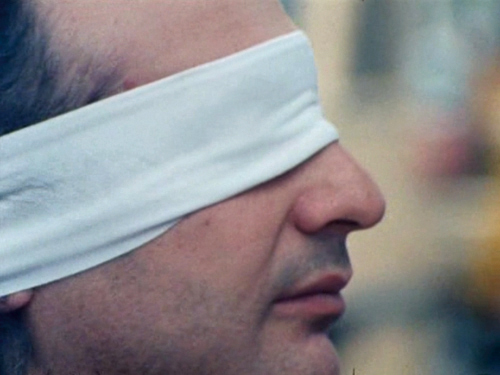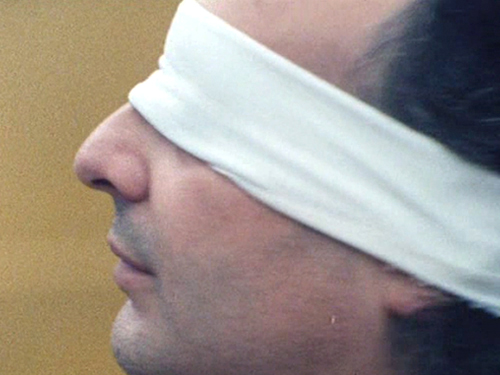Claire Angelini
Claire Angelini (1969) is a French filmmaker, artist and art historian. Her work (installations, films, photography and drawing) explores the political relationship between art and history via the categories of ruin, reminiscence and the survival of images. An archaeologist of the present, her artistic research often originates in the junction of historical narration focused on the problematics of territory and a questioning of traces, and their contemporary actualization. She founded the French-German collective Laboratorium Geschichte in 2001. As a filmmaker she is known for La guerre est proche [War is Looming] (2011), a memorial and topographic journey within the ruins of the camp of Rivesaltes, Ce gigantesque retournement de la terre [This Gigantic Furrowing of the Ground] (2015), and Chronique du tiers-exclu [Tales of the Madhouse] (2017). In 2013, she published a book together with Yannick Haenel on the French city Drancy titled Drancy la muette (Éditions Photosynthèses).



